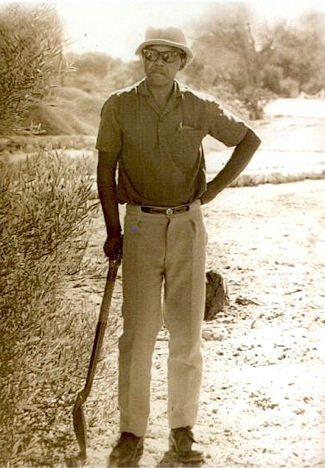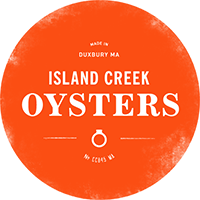Last month, revolutionary Nelson Mandela died at the age of 95. His life was so extraordinary that his humanity is lost to us mortals. His actions transformed him from mere man into a symbol that is practically religious; the marrow of a movement that altered not only the way people lived, but how they treated one another and saw the world.
His legacy as a lawyer, a Nobel Peace Prize winner, a political rebel, and peacemaker will long endure. One thing not everyone knows is that Nelson Mandela was a farmer. In a prison outside of Cape Town, Mandela convinced personnel to allow him the use of the sun-soaked, fallow prison roof to use as a garden. Utilizing crude resources like recycled oil drums Mandela worked with inmates every day planting cauliflower, peas, lettuce, and beans…transforming a useless space into a source of food and a source of pride. Within the confines of the rooftop garden, an oasis of constructive activity emerged. At one point, Mandela’s garden produced enough vegetables to supply the prison kitchen and even gave away the surplus to the wardens for them to take home. Mandela described the garden as one of his “happiest diversions”, and found connections between his time cultivating the garden and being an effective leader.
“In some ways, I saw the garden as a metaphor for certain aspects of my life. A leader must also tend his garden; he, too, plants seeds, and then watches, cultivates, and harvests the results. Like the gardener, a leader must take responsibility for what he cultivates; he must mind his work, try to repel enemies, preserve what can be preserved, and eliminate what cannot succeed.”
As crazy as it may sound, I feel like the growers at Island Creek and Nelson Mandela have this same garden-found view in common. An ICO farmer plants seed, touching literally every oyster that he grows with his own hands. An oyster farmer watches, cultivates and harvests the results. Sometimes, an oyster farmer must fight off green crabs, viruses, and ice. Like Mandela in his garden, an oyster farmer must also take responsibility for what he cultivates. If his oysters are not ready for harvest, he returns them to his grant for as long as a year to be rolled around in the surf until they meet the grower’s perfectionist standards.
Even spending a little time out on the flats in Duxbury Bay can have a dramatic effect on a person. Things change. After a while the sun and storms become as predictable as your own waxing and waning. Your inner salinity parallels that of the ocean you tend. It becomes impossible not to see the potential in every harbor, every swatch of silt, every blade of eelgrass. Perhaps his time spent in the prison garden helped groom Nelson Mandela into the influential leader he one day would become.
For those who haven’t had the opportunity to grow, hunt, gather it can be hard to fully comprehend. There’s an inexplicable sense of satisfaction that only those who do it share. Nelson Mandela said it perfectly (as he did about everything)
“To plant a seed, watch it grow, to tend it and then harvest it, offered a simple but enduring satisfaction. The sense of being the custodian of this small patch of earth offered a taste of freedom.”
Life can seem so big. Extraordinary can seem so beyond our personal capacity. That’s why it’s cool to find little things that reveal connectivity to the rest of the world. How an oyster farmer can find connection to a visionary leader, who finds a connection to the earth and ultimately, everything else in between.
★ Michelle Wong is the newest member of the ICO sales team. She worked on the farm for many years before returning to ICO after she finished college. ★



